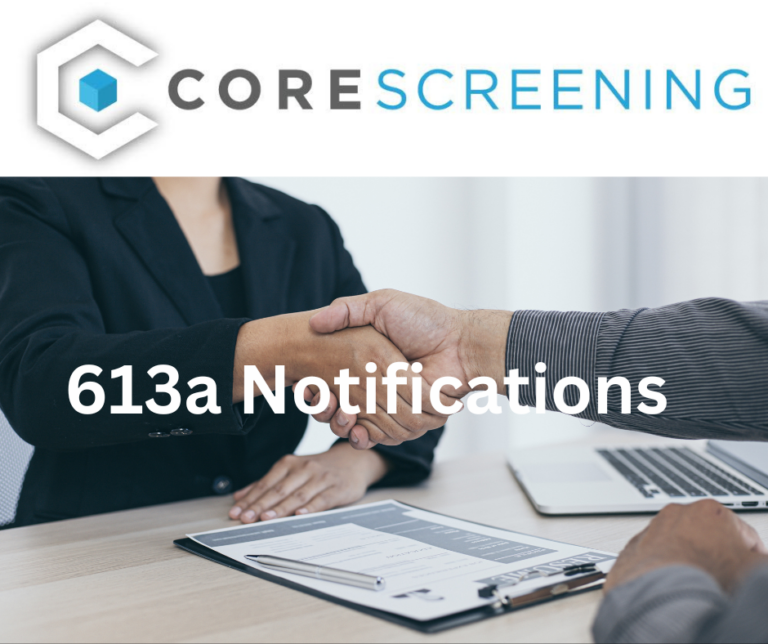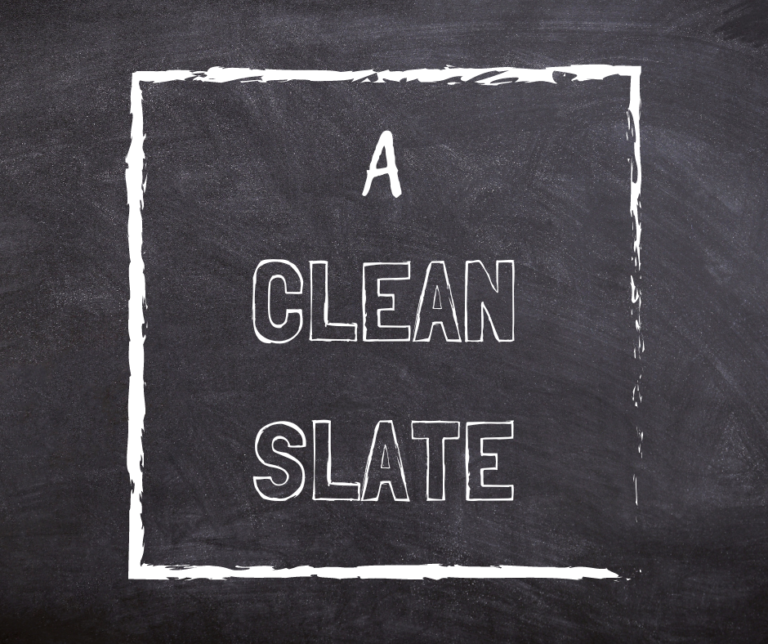As a background check organization, CoreScreening often receives questions regarding the 7-year “lookback” rule for reporting adverse information. While the topic can be complex, understanding the basics of this rule is important. Here are the key takeaways regarding the 7-year reporting restrictions for convictions in certain states:
Adverse Information Defined
Adverse information includes any information that can be perceived negatively and ultimately cause harm to an individual’s reputation. For background checks conducted for pre-employment screening purposes, adverse information would include information contained within the background check report that resulted in the employer not extending an offer of employment.
It’s important to note that the Federal Trade Commission (FTC) has issued advisory opinions stating that employment verifications are considered “neutral,” since the information being reported is not “adverse.” Since verifying employment history and education is often critical to determine whether a candidate is qualified to do the job, employers should make sure they understand whether their screening provider is unnecessarily withholding any discrepant results from the background check.
Seven-Year Reporting Restriction States
On the federal level, the Fair Credit Reporting Agency (FCRA) allows convictions to be reported as part of a background check report regardless of the date of disposition. However, several states limit the timeframe of conviction reporting to seven years. These states include: California, Colorado, Kansas, Maryland, Massachusetts, Montana, New Hampshire, New Mexico, New York, Texas and Washington. It is important to note, in some of these states, the reporting restriction limitation only applies for applicants not meeting certain salary thresholds.
Also, just because a state may have a reporting restriction for employment screening purposes, does not mean the information cannot still be accessed by the CRA or the employer. Accurate 7-year reporting on a criminal report starts with the removal of certain cases that may have been returned by the county or state. In the 12 states that limit conviction reporting to 7 years, the disposition/conviction date is the typical standard. For the designated “seven-year states,” incarceration release date or start date of parole can be used, even if the conviction date is older than 7 years. Probation dates should not be used to bring a case into scope.
While a seven-year criminal history is standard, your CRA should be flexible: Background checks are not a one-size-fits-all service. Some employers in certain industries (such as education, healthcare, companion care providers, financial services, government/law enforcement) are required to do 10-year criminal background checks, or must otherwise do a “thorough and comprehensive” criminal history search and may be exempt from the 7-year conviction reporting rules of various states. It is imperative that employers understand that if their applicants live or work in any of the seven-year states, their screening partner needs to be informed.
Why Choose Us
At CoreScreening, we understand the employment and volunteer screening process can be complex and confusing. That’s why we’re dedicated to helping our clients understand the intricacies of the 7-year lookback rule and other state specific regulations as they pertain to background checks. We take the time to understand your specific industry needs and create a comprehensive screening package based on your budget.
We are committed to providing our clients with accurate and reliable background screening services. Our team of experts can provide a complimentary evaluation of your existing screening strategy and answer any criminal reporting questions you may have. Our approach is tailored to meet your specific needs, ensuring that you get the most comprehensive and relevant information possible.
In Conclusion
Now is a good time to review your existing screening program to ensure you understand how much and what kind of data is being reported to you. If you are only getting 7 years of felony and misdemeanor conviction information, but require a broader scope, now is the time to have that discussion with an experienced background screening organization like CoreScreening.




